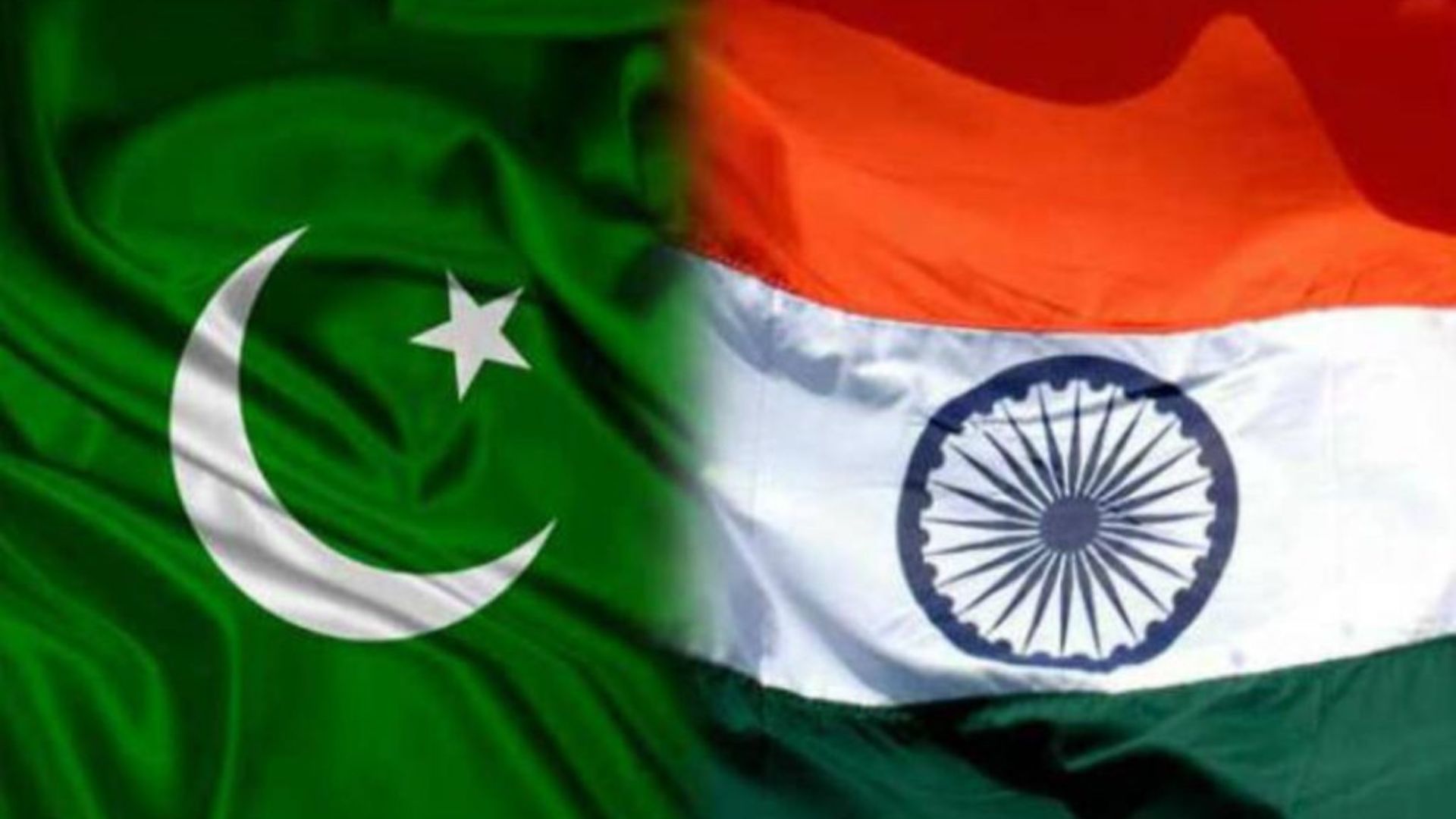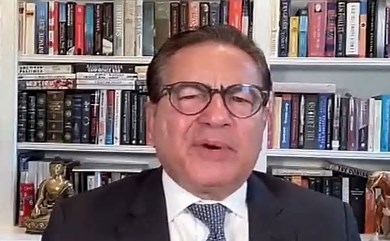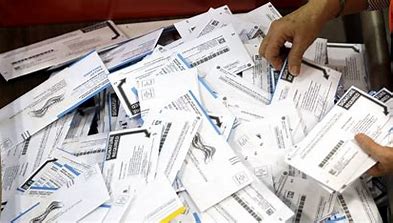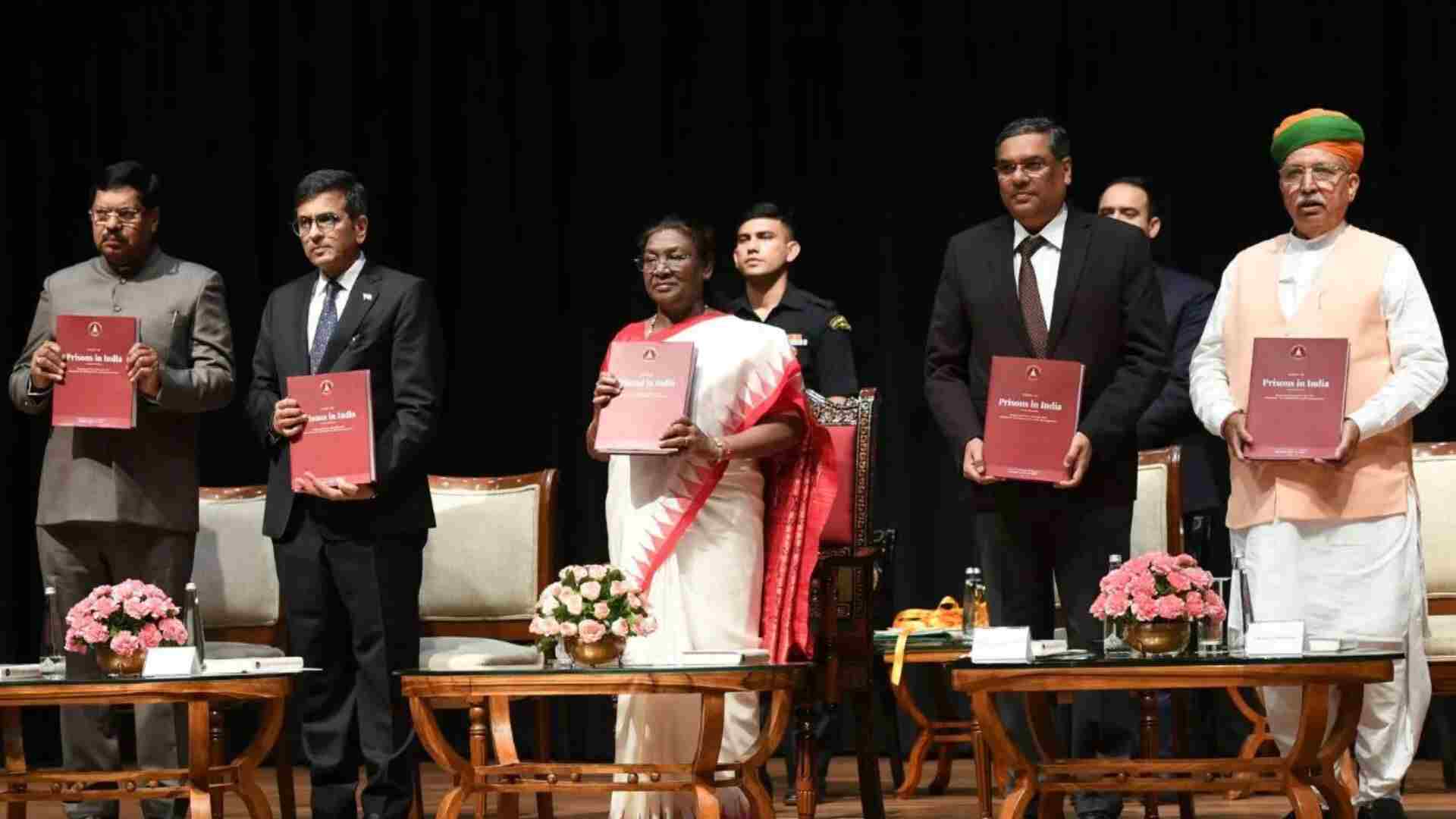Trade relations between India and Pakistan have been on hold since 2019, primarily due to political tensions. On August 5, 2019, the Indian government revoked Article 370 in Jammu and Kashmir, which sparked strong negative reactions in Pakistan. In response, Pakistan banned imports from India, leading to a significant decline in diplomatic and commercial ties between the two nations.
Taxation and Trade Dynamics
Following the Pulwama attack, India increased its tax on Pakistani imports to 200% and withdrew Pakistan’s “Most Favored Nation” (MFN) status. However, it’s important to note that trade still exists despite these strained relations. In 2022, the official trade volume between India and Pakistan was around $2.5 billion, although this number likely understates the actual trade that occurs through informal routes and third-party countries.
Essential Imports from Pakistan
India continues to import several essential goods from Pakistan, which remain crucial for many households. These include:
- Rock salt
- Dry fruits
- Leather products
- Beauty cosmetics
- Multani mitti (fuller’s earth)
- Sulfur
- Copper and copper products
- Fruits
- Mineral fuel
- Plastic goods
- Lime
- Cotton
- Optical items for glasses
- Organic chemicals
- Confectionery items
- Steel and cement
Dependence on Rock Salt
One of the most significant dependencies India has on Pakistan is for rock salt. Rock salt is widely used in India, especially during fasting periods and religious events. India does not produce rock salt, making Pakistan, the largest global producer, an essential supplier. The Khewra salt mine in Punjab, Pakistan, is the second-largest salt mine in the world, yielding approximately 325,000 tons of rock salt annually. In the fiscal year 2018-19, India imported over 99% of its rock salt from Pakistan. However, in 2019-20, India began sourcing more rock salt from the United Arab Emirates.
Concerns Among Citizens and Traders
Despite Pakistan’s statement in March of this year expressing disinterest in restoring trade relations with India, the trade suspension has not notably impacted India. In contrast, traders and the general population in Pakistan are worried about the halt in trade, as they depend on various Indian products. Some key imports from India to Pakistan include:
- Cotton
- Organic chemicals
- Animal feed
- Vegetables
- Plastic products
- Man-made fibers
- Coffee and tea
- Spices
- Dyes
- Oilseeds
- Dairy products
- Medicines
The Case for Reviving Trade
Experts suggest that resuming trade between India and Pakistan could help stabilize Pakistan’s economy, create jobs, and enhance diplomatic relationships. Increased trade cooperation may lead to lower consumer prices and assist both countries in combating poverty.
















